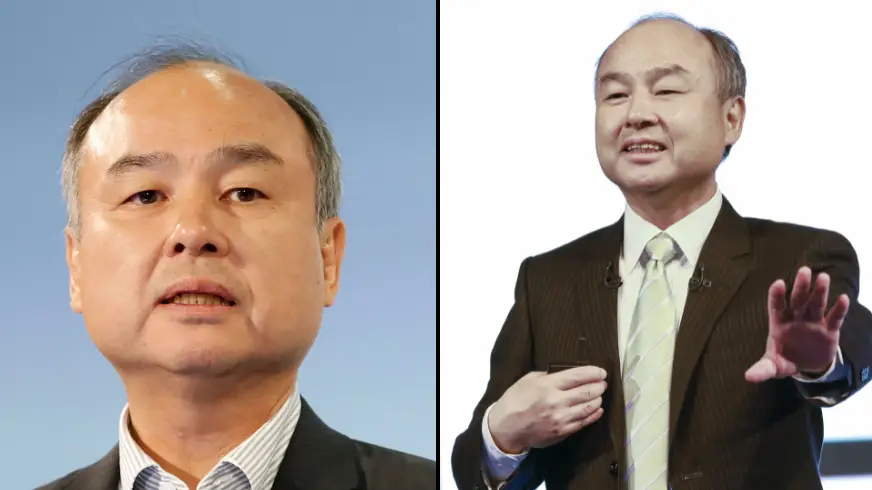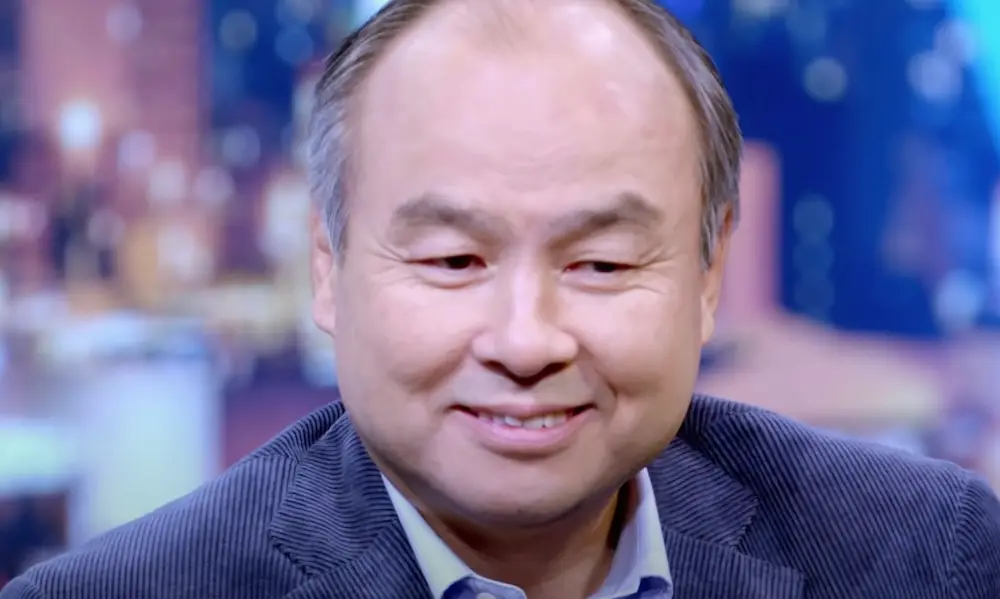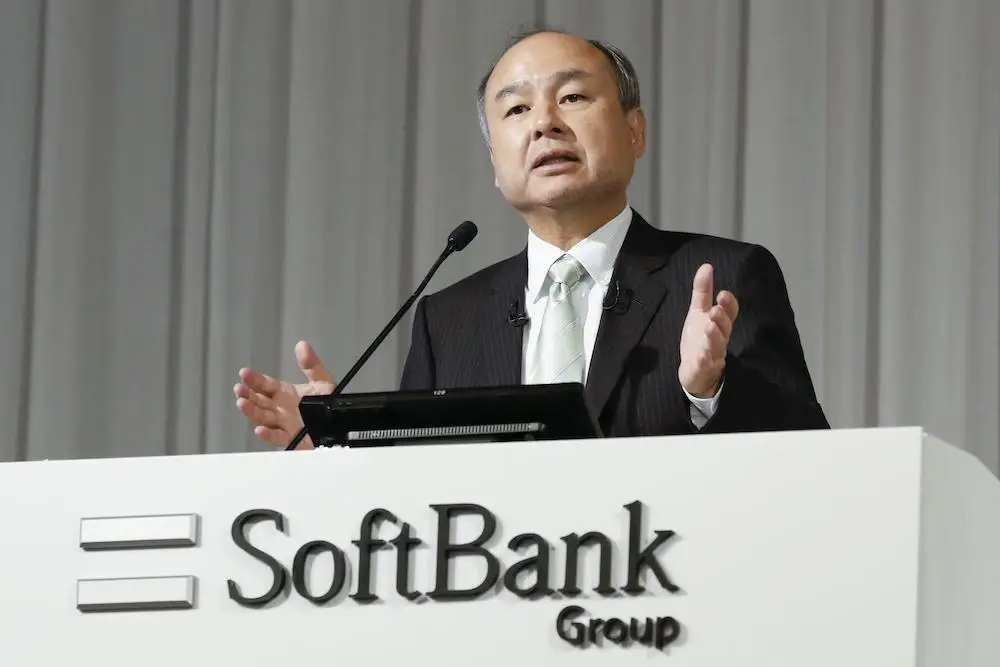
If you're ever having a bad day at the office, spare a thought for the guy who quite literally lost $70 billion in one day.
Back in the 90s, Masayoshi Son was flying high as the Chief Executive Officer of SoftBank, a holding company that invests heavily in the tech space.
Son was doing so well with the firm at the turn of the 21st century that at one time, his net worth was rising by '$10 billion per week', making him wealthier than Bill Gates for a short time - and we mean very short.
Because just as the entrepreneur rose the ranks, the dot-com bubble popped and left the company's share values plummeting quicker than you can say 'Microsoft'.
Advert

For those not in the know, the dot-com bubble was a stock market bubble in the late 90s, which was caused by exponential growth amid the rising use of the internet.
Everything started to collapse in 2000, caused by a number of factors including the 9/11 terrorist attacks and fear around Y2K, leading to a number of tech companies declaring bankruptcy.
This had devastating consequences for Softbank, with Son admitting that he was only as rich as Gates for three days.
His glory was so short-lived, in fact, that he wasn't even able to brag to anyone before the company's shares started crashing.
Son's personal net worth subsequently dropped by an eye-watering $70 billion, the greatest lost any human being has suffered financially.
The businessman opened up about the experience on an episode of The David Rubenstein Show, saying that before the crash: "My personal net worth was increasing by $10 billion by per week."
"Then I became richer than Bill Gates," he added. "Before I talked to anyone else, our stock started crashing.
"So six months after that our share price went down 99 percent."
Considering Son's still a billionaire today, it's safe to say he managed to make it through those times.
"We almost went bankrupt and somehow I survived," he explained.
After this, Son invested in well-known companies that were at less of a risk, such as Vodafone's mobile telephone business in Japan.
He continued: "That time I said 'now is the time to go to the next stage', which is the internet will become mobile internet.
"So, I had to go get the license of the government for the Spectrum or acquire Vodafone Japan."
But at the time he needed $20 billion to acquire the firm but he only had $2 billion in his bank account.
When Rubenstein asked how he raised the funds, Son replied: "I convinced the bank that I can turn around Vodafone Japan and it will become successful with great cash flow.
"They believed me and lent me money."

Since the mega losses at the turn of the century, Son revitalised his career by making big acquisitions such as the London based company ARM for £24 billion in 2016.
In recent months he has faced criticism for his sometimes aggressive strategies, especially at Vision Fund, Softbank Group's investment vehicle, which had to make major job cuts earlier this year due to profit losses.
Speaking in August, Son said he was 'ashamed' of his focus after getting carried away with the recent tech boom, saying during a press conference: “I am ashamed of myself for being so elated by big profits in the past."
Topics: Money, Bill Gates, World News, Technology